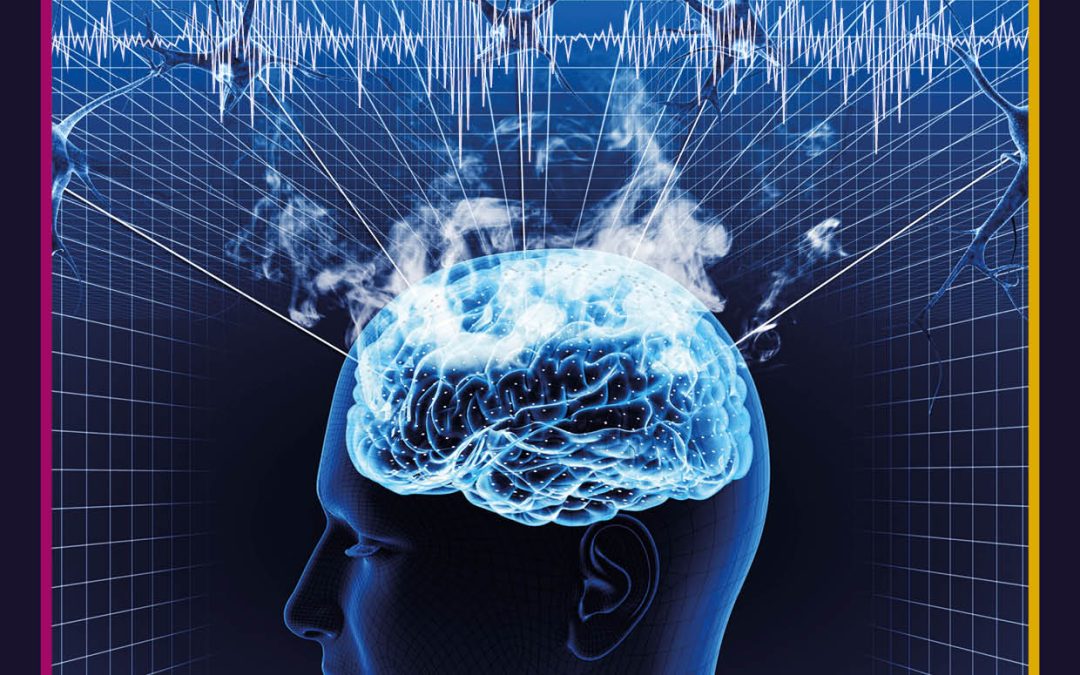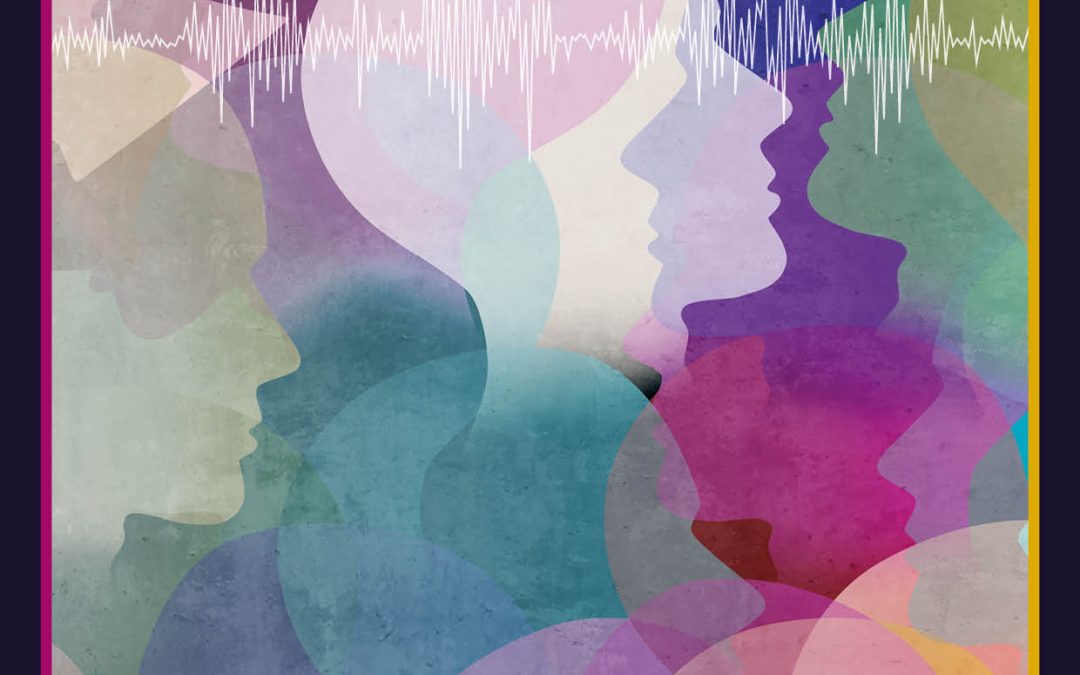
by admin | Jul 27, 2022 | arts and humanities, social and behavioural sciences
Over recent decades, the use of digital technologies has increased exponentially worldwide, bringing significant changes to daily life. Like most societal transformations, this process of ‘digitalisation’ has had both positive and negative aspects. Dr Jens Allwood, Professor Emeritus at the University of Gothenburg, has recently published a paper exploring some of the darker elements of digitalisation, particularly focusing on its tendency to dehumanise our daily activities.

by admin | Jul 20, 2022 | education & training, social and behavioural sciences
The broad dissemination of information online has made students more inclined to question what they are being taught in the classroom. Many educators are thus trying to adapt their teaching strategies to ensure that new generations successfully acquire new skills and learn new knowledge. Dr Brenton Fredericks, Head of the Communication Sciences Department at Central University of Technology in South Africa, recently developed a framework that could improve communication between educators and students in the classroom, promoting more constructive and effective learning.

by admin | Apr 21, 2022 | biology, health and medicine, social and behavioural sciences
Stress produces numerous negative effects on the human body. Lying deep within the brain, one particularly sensitive area is the hippocampus, where chronic exposure to stress hormones can lead to the degeneration and death of neurons. Thankfully, the brain holds defence mechanisms that block some of these negative effects. Deciphering these mechanisms with the aim of better treating neurodegenerative diseases and depression is Dr Y. Peng Loh from the Eunice Kennedy Shriver National Institute of Child Health and Human Development in the USA.

by admin | Mar 4, 2022 | health and medicine, social and behavioural sciences, trending
Dr Pierre Galanaud, an immunologist from Paris-Saclay University and Inserm UMR 996, analysed historical tax records to investigate the impact of epidemics on recent emigrants who experienced the 15th century plagues in Dijon, France. His research highlights the vulnerability of emigrants with low economic status to epidemic-related mortality. More broadly, his work demonstrates the important role that migrants play in population growth and demographic recovery after an epidemic has taken place. These findings are of particular relevance given the current COVID-19 pandemic.

by admin | Feb 25, 2022 | social and behavioural sciences, trending
On the 26th of June 2015, the US Supreme Court legalised same-sex marriage across the USA, allowing same-sex couples to be legally recognised as married in all 50 states. In a study conducted one year later, Dr Kristina B. Wolff at The Dartmouth Institute for Health Policy & Clinical Practice, explored some of the benefits and costs of this legalisation for LGBTQ+ communities living in the USA. She introduced a new framework, based on the work of economist Dr Amartya Sen and philosopher Dr Martha Nussbaum, that could encourage long-lasting positive social change.

by admin | Feb 16, 2022 | education & training, social and behavioural sciences
The Science, Technology, Engineering, and Math (STEM) communities have a long history of exclusion and underrepresentation of women, African American, Latinx, American Indian and LGBTQIA+ students. In order for our STEM enterprise to be truly equitable, everyone that wants to become a scientist must have an equitable opportunity to do so, regardless of their gender, ethnicity or sexual orientation. In the movement toward equity, the demographic diversity of the STEM workforce must mirror that of the general population. STEM workforce diversity can accelerate innovation in scientific disciplines, and, if coupled with systemic cultural equity, can also support a STEM enterprise where everyone can thrive. Dr Verónica A. Segarra, Interim Chair and Assistant Professor of Biology at High Point University, has been exploring how scientific societies could help their disciplines be more equitable. Her efforts have helped to establish numerous alliances and collaborations among societies and diversity-focused organisations, with the mission of building a more diverse and inclusive STEM workforce.






